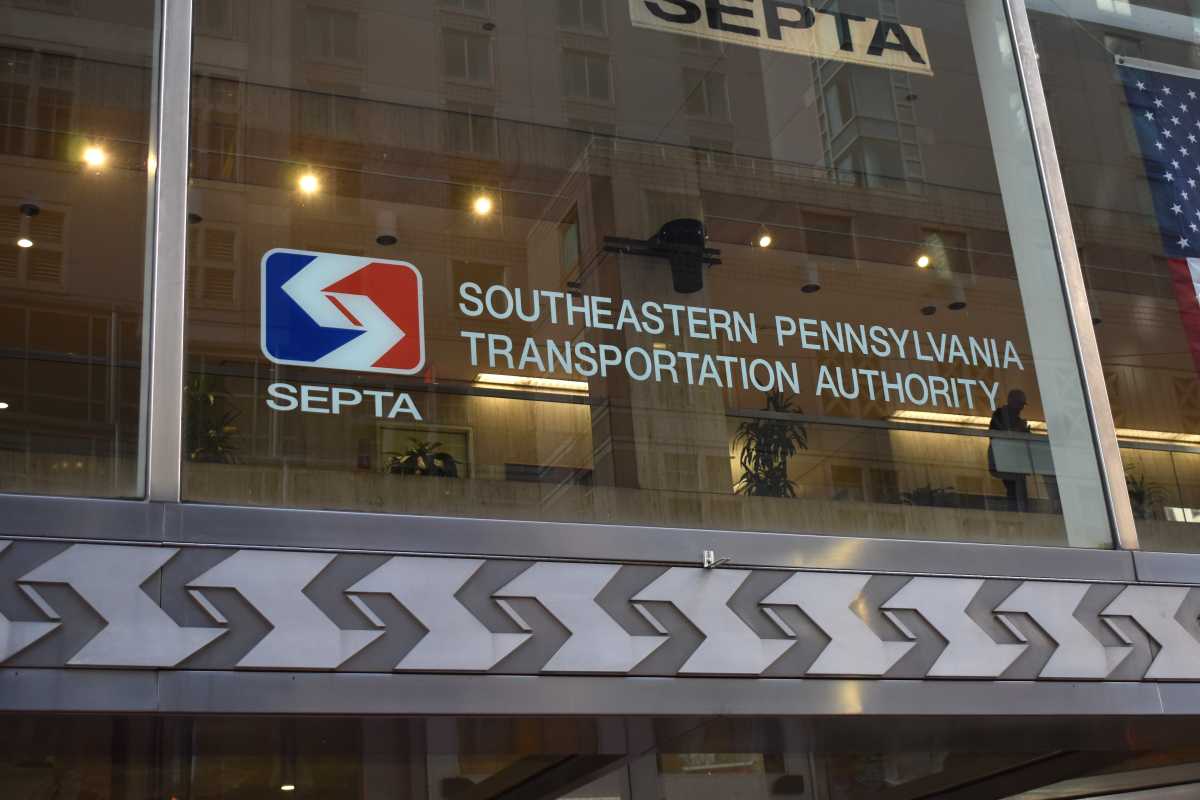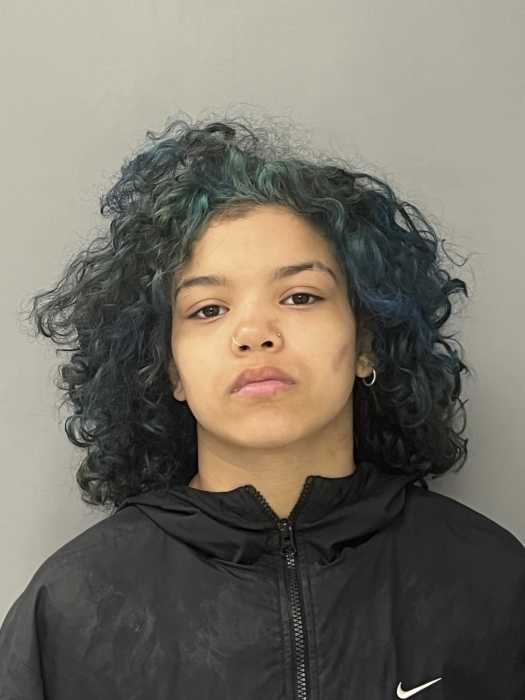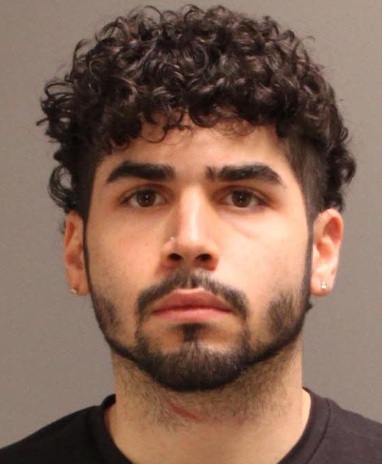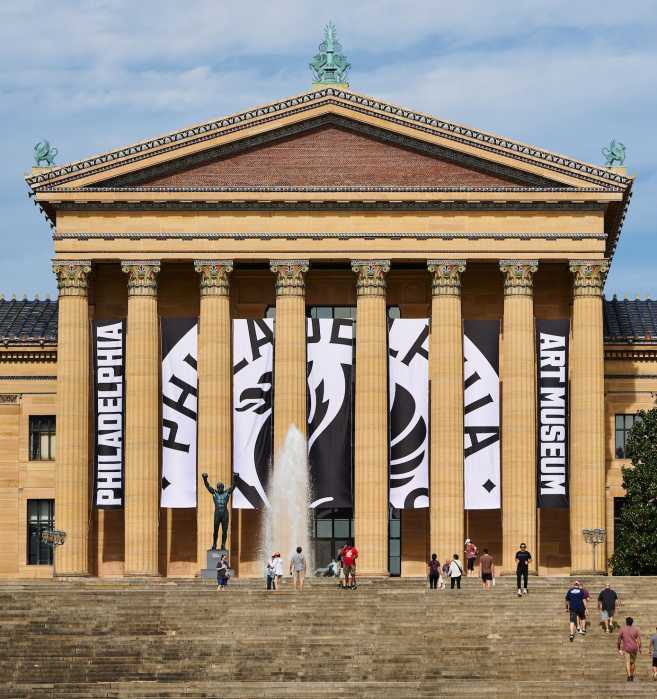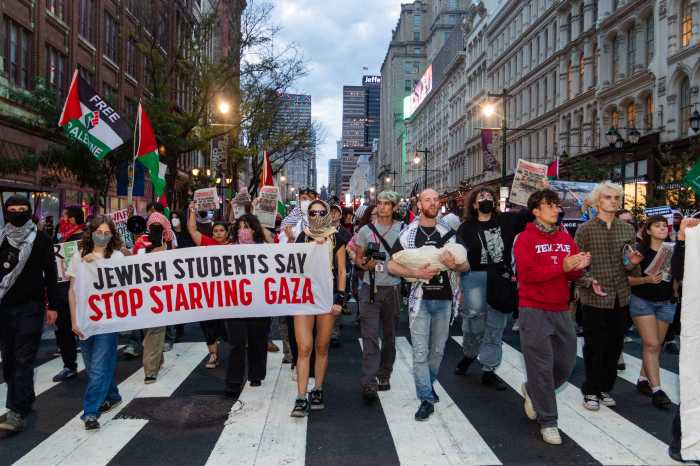SEPTA held hearings Wednesday to give riders a chance to ask questions and weigh in on a proposed fare increase that will go into effect in December if the authority’s board grants its approval next month.
Prices for Key Card users on buses, trolleys and subway lines would be set at $2.50, in line with the cash fare and up from $2. Regional Rail riders are also set to pay more in all zones.
Looming over the discussion about the fare plan is SEPTA’s budget deficit, which is projected to hit $153 million this fiscal year if state lawmakers and Gov. Josh Shapiro do not act in the coming days to provide further funding.
Leslie Richards, the authority’s general manager and CEO, has warned of a “death spiral” of significant service cuts and steeper fare hikes without an injection of additional revenue from Harrisburg.
The Democrat-controlled Pennsylvania House of Representatives and Shapiro have signaled support for boosted transit funding; however, talks have stalled in the state Senate, where the GOP holds the majority, over a plan to tax so-called “skill games” to pay for it, Spotlight PA reported Tuesday.
Erik Johanson, SEPTA’s senior director of budgets and transformation, said staff are meeting with board members to develop contingency plans if the money does not materialize.
“We haven’t lost hope,” Johanson told reporters Wednesday. “The (legislative) session does end at the end of this month, so we have to be prepared for anything.”
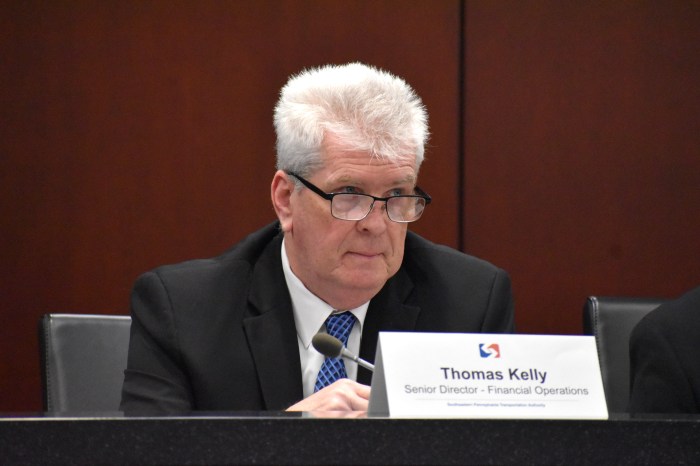
Shapiro offered a budget over the summer that would have sent an extra $161 million a year to SEPTA. The proposal was not included in the final fiscal plan; instead, the state allocated a $47 million one-time payment to the authority.
Expiring federal coronavirus relief funding and ridership numbers that remain below pre-pandemic numbers have created financial problems for SEPTA and other transit agencies across the country.
In an attempt to close the fiscal gap, SEPTA is saving $16 million by implementing a hiring freeze for some positions, banning non-essential employee travel and other measures, officials said. Another $4 million in revenue is expected to result from the resumption of parking fees.
The fare adjustments being considered would net an additional $14.4 million annually, according to SEPTA.
Even with the changes, the authority would have to draw more than $150 million from a savings account, referred to as the service stabilization fund, to cover costs without more state help this year, Johanson said. Authority leaders said there is currently about $565 million in the fund.
Key Card users right now enjoy a 50-cent discount on buses, trolleys, and the Market-Frankford and Broad Street lines, an incentive for riders to enroll in the payment system, which was rolled out in 2016 and replaced tokens. Should the fare adjustments be finalized, everyone would pay $2.50.
For Regional Rail, the weekday prices would be set at $4 for Zone 1, $5.50 for Zone 2, $6.50 for Zone 3, $7.50 for Zone 4, and $10 for New Jersey riders. A full list of fare changes is posted on septa.org. Prices are higher for those paying aboard trains.
No changes are slated for daily, weekly or monthly passes, and SEPTA is not altering its free transfer policy.
In fact, the plan proposes extending the free transfer benefit to people boarding the same bus, subway or trolley in the opposite direction – lowering the price for riders making roundtrips within a two-hour period.
In addition, SEPTA wants to bring three Regional Rail Zone 2 stations – Overbrook, Wissahickon and Tulpehocken – into Zone 1, which would then cover all stops within 6 miles of City Hall, authority leaders said.
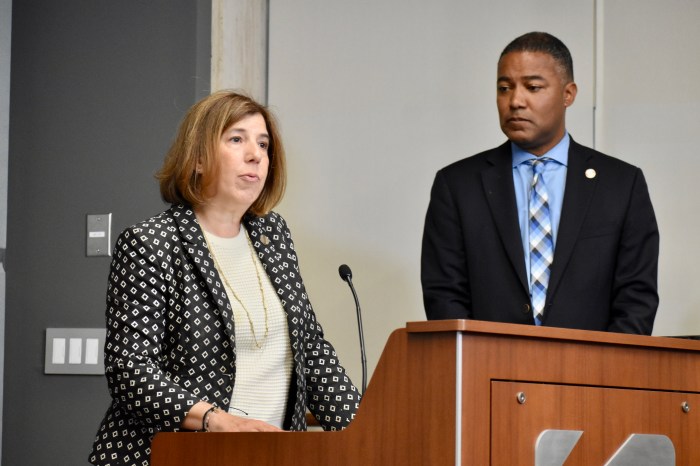
SEPTA is projecting a 2% ridership loss as a result of the fare increases.
“Increased fare prices can lead to reduced ridership,” Nico Meyering, a disability advocate, said at one of the hearings. “Then, a couple years later, reduced ridership will result in funding lags, which means even more fare hikes.”
A couple of other riders who testified at the morning session – there was a second hearing in the afternoon – suggested SEPTA crack down on fare evaders, instead of raising rates on paying customers.
To that end, the authority’s board voted last month to spend nearly $7 million to purchase fare gates to install at nine BSL and MFL stops, following an experiment with the technology at 69th Street Transportation Center. Johanson said the gates have cut turnstile jumping at 69th Street in half.
Members of the public have until Friday to submit comments and questions about the fare plan to be included in the official record. Residents can email operatingbudget@septa.org; leave a voicemail at 215-580-7772; or send a letter to the Director of Operating Budgets, Southeastern Pennsylvania Transportation Authority, 1234 Market St., 9th Floor, Philadelphia, PA 19107.
The testimony will be compiled by a hearing examiner who will produce a report with recommendations for SEPTA’s board, which is scheduled to vote on the fare increase at a meeting Nov. 21.
If approved, it would go into effect Dec. 1 as SEPTA’s first fare increase in seven years. A planned hike in 2020 was deferred due to the COVID-19 pandemic.



